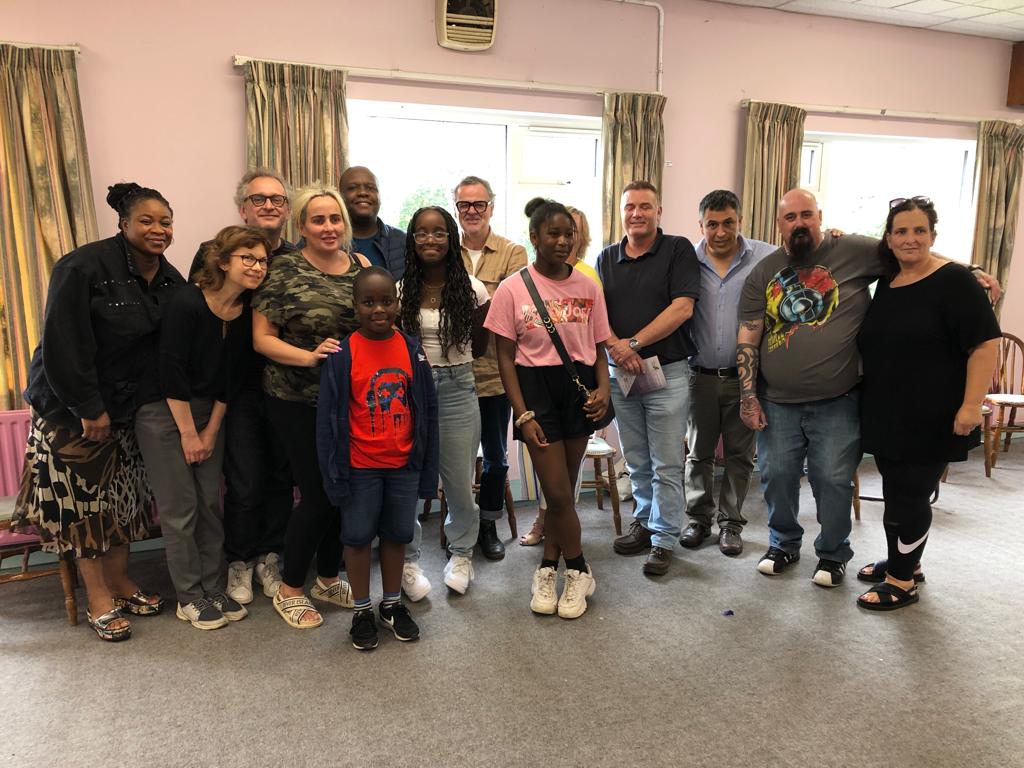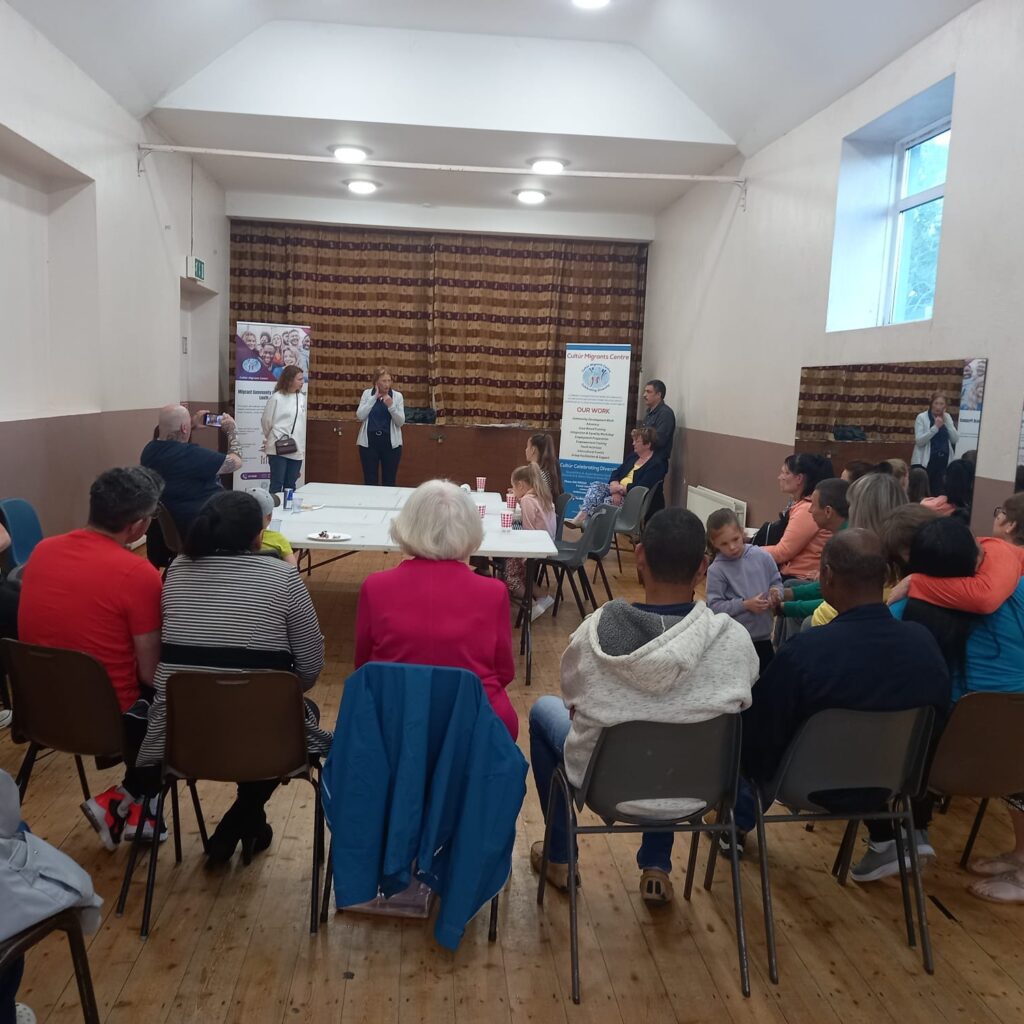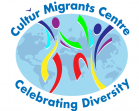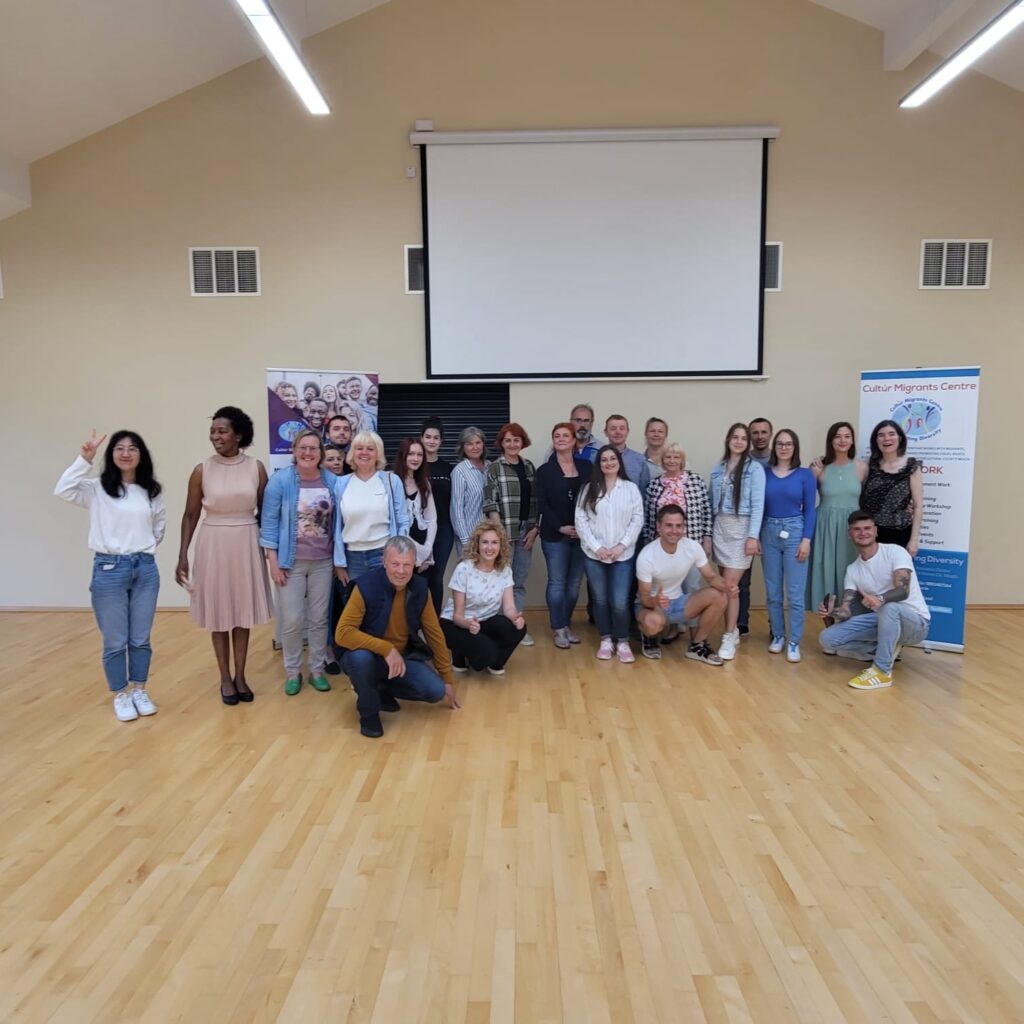PRESS RELEASE
28 November 2022
From the 8 th of November 2022, the International Protection Office (IPO) started
accelerating applications to deal with a rise in applications over the past year. The raft of
new measures is part of the government’s plan to channel more resources toward the
international protection system in the 2023 budget. But this sudden change jeopardizes due
process for international protection applicants and will likely create delays and increase
costs in the long term, undoing recent work and investments.
Since the new procedures were announced this month, individuals who wish to apply for
international protection must now do a preliminary interview and complete a questionnaire
giving details of their claim to the IPO on the same day of application.
Previously, applicants had enough time to get legal advice and gather information before
submitting the questionnaire by email once it was completed. A change in this process
means that applicants have no opportunity to get legal advice before submitting the
questionnaire, which is used as a reference document throughout the entire process.
This affects the outcome of their application, including family reunification, further appeals,
and other subsequent processes. Commenting on the new raft of government measures,
Cultúr Program Manager Ms. Tinu Achioya said that,
“There is a need for government to be more nuanced in its approach towards this sensitive
issue which threatens to undo a lot of the progress realised in the past”
She further added that ‘’The situation is worsened because most applicants experience
culture shock upon arrival and may need to acclimatize before submitting the questionnaire
in any language.’’
Even though interpreters are made available there is a significant risk of mistranslations or
confusion that will affect their international protection application when combined with the
lack of legal advice and the speed at which applications must be completed.
Applicants working with Cultúr are concerned about the ability to tell their story in this
context and feel that they have been set up for failure. The new measures make it difficult
for the IPO to conduct a thorough and fair analysis which jeopardises the recent practice of
the IPO to use their section 35 powers to grant statuses without an interview where the
circumstances of the applicant indicate that they fit the legal criteria for international
protection.
The change comes at the same time as an accelerated process for applicants from ‘safe
countries of origin’ (a list that in Ireland consists of Albania, Bosnia and Herzegovina, North


Macedonia, Georgia, Kosovo, Montenegro, Serbia, and South Africa). Cultúr welcomes this
move as a fair way to shorten waiting times for applicants but is concerned by the rushed
filling in of questionnaires.
In 2022, 20.6% of applicants were Georgian, making it the biggest group of applicants this
year. The acceleration of the process for these countries is concerning because individual
circumstances can often lead to positive decisions for people from these countries. In 2019,
for example (the most recent year before the COVID-19 pandemic which affected
international protection applications and decisions in a variety of ways), 35 out of 45 final
decisions on South African applications were positive, and 10 out of 35 first-instance
decisions were positive, according to Eurostat data.
In addition, 35% of decisions for South Africans who appealed to the International
Protection Appeals Tribunal in 2021 were overturned. This indicates that individuals from
these countries often do meet the criteria for international protection, and therefore need
their applications to be carefully considered.
We urge the government to ensure that their response does not jeopardise due process for
international protection applicants and create long-term challenges that will lead to lengthy
appeals processes for applicants who should have been granted protection. This will
recreate the problems that the government has put significant investments into solving
through the recent regularisation scheme, which gave status to people who had been in the
international protection process for over two years.
The policy changes may reduce processing times in the short-term, but burden the
International Protection Office with long-term costs like the IPAS which must accommodate
applicants, the International Protection Appeals Tribunal which deals with appeals, the Legal
Aid Board, NGOs, and other government services that support applicants.
These resources would be better invested in early legal support to reduce the number of
appeals and subsequent delays, employing and training more International Protection
Officers, and investing in digital infrastructure for the International Protection Office and
International Protection Appeals Tribunal, as recommended in the 2021 end-to-end review
of the international protection process.
This review identified the main source of delay as: ‘the lack of sufficient resourcing to
complete interviews, and an inefficient process for managing and enforcing quotas and
throughput’. Addressing this should be the priority, rather than a questionable change that
undermines the integrity of decision-making and the credibility of the international
protection process in Ireland.
Cultúr Migrants Centre is a regional community organisation, based in counties Meath and
Louth, working with ethnic minorities including immigrants, migrant workers, International
Protection Applicants, and refugees.
Cultúr Migrants Centre: Contact: Tinu Achioya – Project Manager
Phone: 0860 111 742 Email: [email protected] Web: https://cultur.ie

